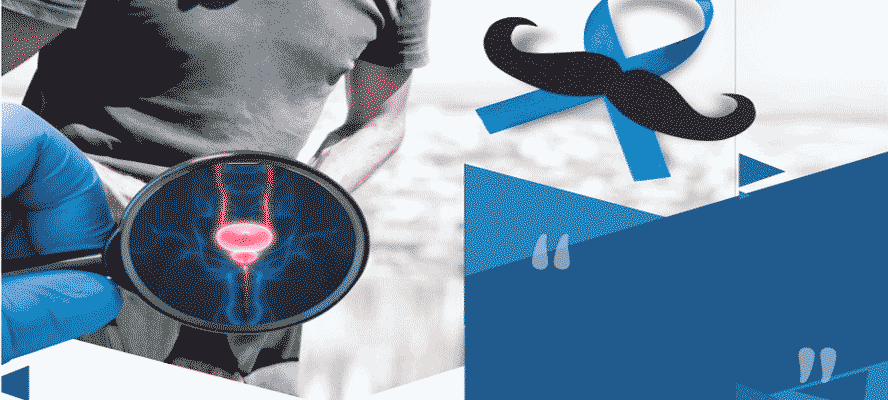Cancer has become a colossal threat to human life all over the world causing immense distress, psychological sufferings and hardships to the affected as well as their families. It is a condition which arises due to abnormal, uncontrolled multiplication of cells, hampering normal cellular functioning.








